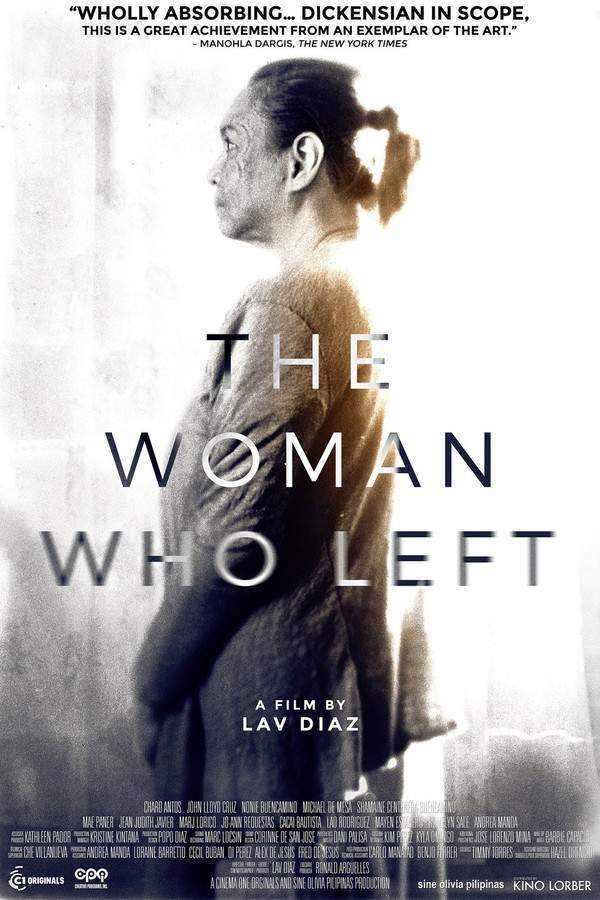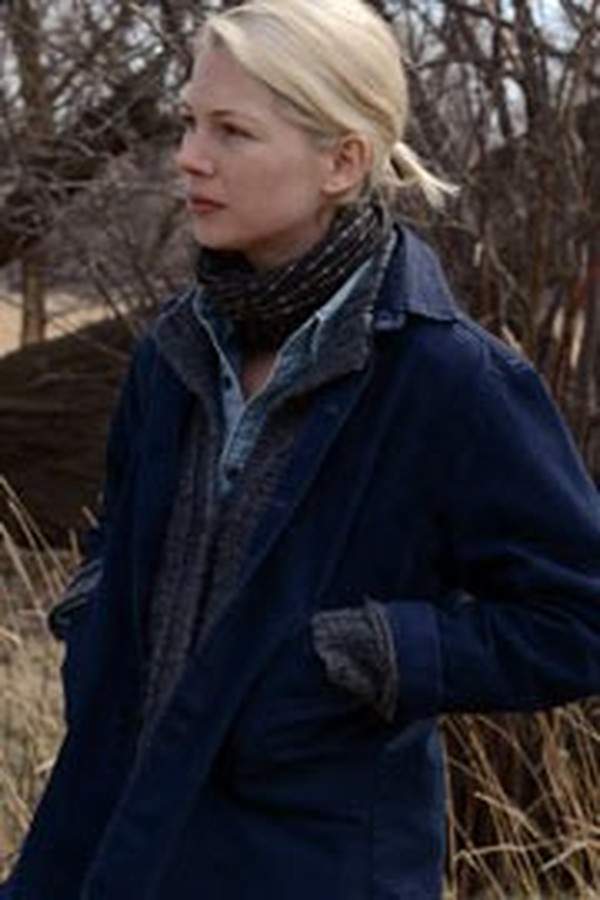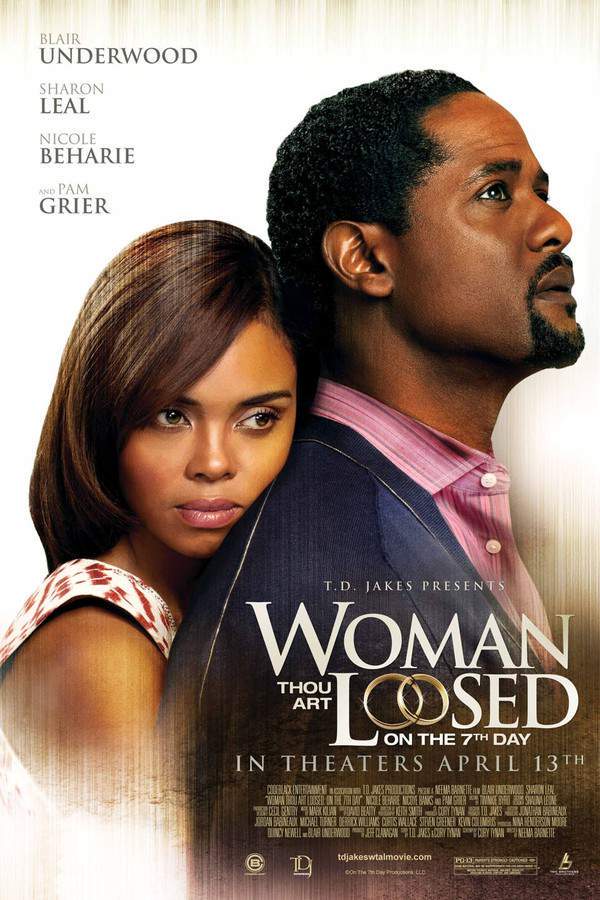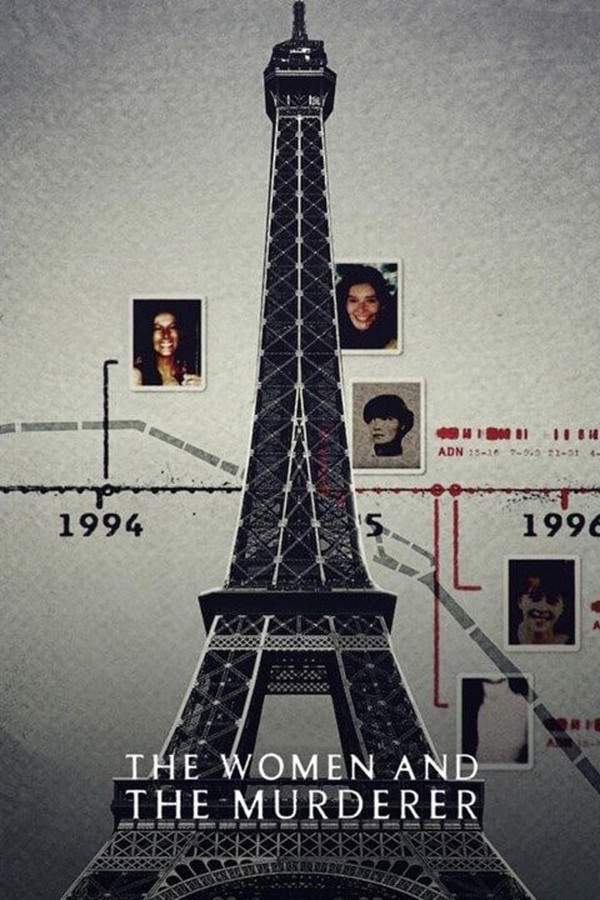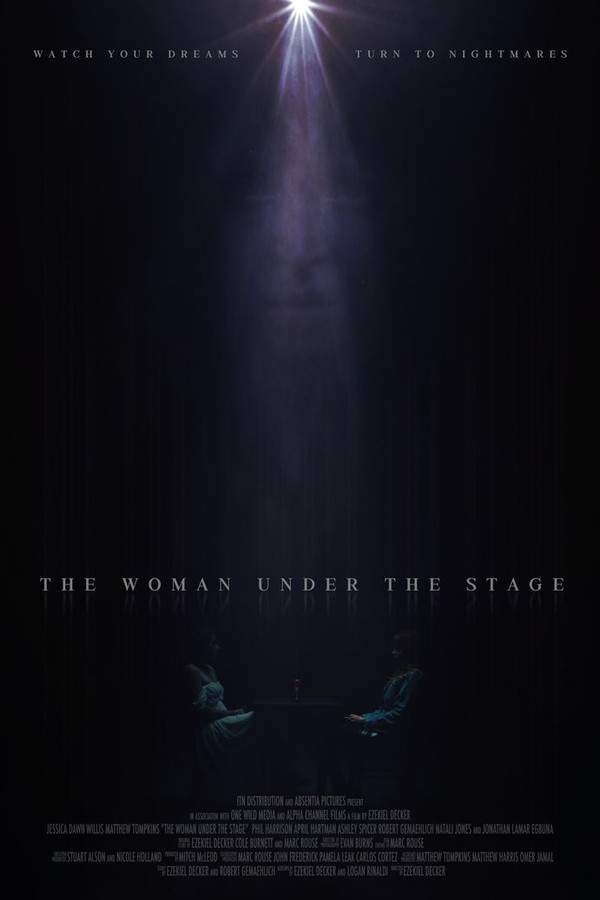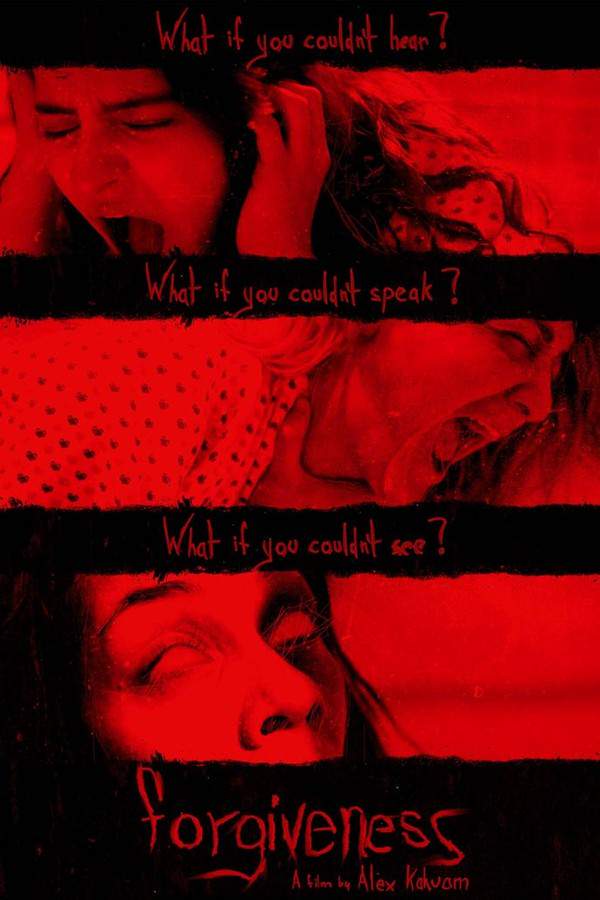Women Talking 2022

Following a violent act that shakes their secluded Mennonite colony, a group of women grapple with a profound question: whether to forgive, stay, or leave. Forced to confront the systemic abuse they’ve endured, they weigh the potential consequences of defying their traditions and risking everything for a chance at freedom and a self-determined future. Their discussions reveal complex emotions and difficult choices as they navigate faith, community, and the fight for autonomy.
Does Women Talking have end credit scenes?
No!
Women Talking does not have end credit scenes. You can leave when the credits roll.
Meet the Full Cast and Actors of Women Talking
Explore the complete cast of Women Talking, including both lead and supporting actors. Learn who plays each character, discover their past roles and achievements, and find out what makes this ensemble cast stand out in the world of film and television.
External Links and Streaming Options
Discover where to watch Women Talking online, including streaming platforms, rental options, and official sources. Compare reviews, ratings, and in-depth movie information across sites like IMDb, TMDb, Wikipedia or Rotten Tomatoes.
Ratings and Reviews for Women Talking
See how Women Talking is rated across major platforms like IMDb, Metacritic, and TMDb. Compare audience scores and critic reviews to understand where Women Talking stands among top-rated movies in its genre.

The Movie Echo Score
Women Talking presents a intellectually rigorous drama that prioritizes dialogue over conventional cinematic spectacle. Critics highlight its polished direction, strong ensemble performances, and thematic ambition, while many audience members criticize its static staging and limited narrative momentum. The film’s visual style and sound design receive mixed appraisals, reflecting both the deliberate restraint praised by some and the perceived monotony noted by others. Overall, the work offers a thought‑provoking experience that resonates unevenly across viewers.
The Movie Echo Score Breakdown for Women Talking

Art & Craft
In terms of art and craft, the film benefits from controlled direction and a restrained visual palette that many critics find compelling. Cinematography is described as stunning by some reviewers, though a number of users perceive the static framing as monotonous. Production design supports the chamber‑play aesthetic, reinforcing the story's intimacy. The overall craftsmanship is solid, though its minimalist approach divides opinion.

Character & Emotion
When evaluating character and emotion, the ensemble cast receives high praise from critics for nuanced and powerful performances. However, several users report a lack of character depth and development, describing the portrayals as flat and unengaging. Emotional resonance is noted by a few viewers, yet the general consensus indicates mixed effectiveness in fostering audience connection with the protagonists.

Story & Flow
Story and flow are marked by a strong thematic premise but uneven execution. Critics acknowledge the script’s intellectual weight and moral seriousness, yet some note its abstract, dialogue‑driven structure can feel one‑dimensional. Audience feedback frequently describes the plot as tedious, predictable, and lacking tension. Consequently, narrative cohesion and pacing receive mixed to negative assessments.

Sensory Experience
Sensory experience receives divergent reactions. Reviewers commend the film’s purposeful sound design and occasional visual flourishes, highlighting its atmospheric quality. Conversely, many viewers find the auditory and visual elements subdued to the point of boredom, citing a static setting and limited sonic dynamism. Overall, the sensory component is competent but does not consistently enhance engagement.

Rewatch Factor
Rewatch factor is split between admiration for the film’s intellectual depth and frustration with its repetitive structure. Critics suggest the work endures as a significant artistic statement, while several audience members deem it unlikely to merit multiple viewings. A minority of users express intent to revisit for its thematic richness. The net impression is a moderate likelihood of repeat viewing.

77
Metascore
5.8
User Score


90%
TOMATOMETER

80%
User Score

6.9 /10
IMDb Rating

69
%
User Score

3.8
From 798 fan ratings

3.00/5
From 7 fan ratings
Take the Ultimate Women Talking Movie Quiz
Challenge your knowledge of Women Talking with this fun and interactive movie quiz. Test yourself on key plot points, iconic characters, hidden details, and memorable moments to see how well you really know the film.
Women Talking Quiz: Test your knowledge on the powerful themes and characters of 'Women Talking' (2022).
What event catalyzes the women's discussions in the colony?
A woman attacking a perpetrator with a scythe
A town meeting called for judgment
A census that threatens their freedom
A new arrival from the outside community
Show hint
Awards & Nominations for Women Talking
Discover all the awards and nominations received by Women Talking, from Oscars to film festival honors. Learn how Women Talking and its cast and crew have been recognized by critics and the industry alike.
95th Academy Awards 2023
Best Picture
Writing (Adapted Screenplay)
28th Critics' Choice Awards 2023
Best Picture
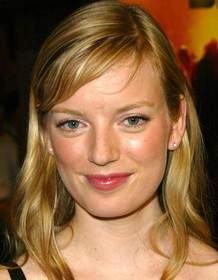

Best Acting Ensemble

Best Score
29th Annual Screen Actors Guild Awards 2023



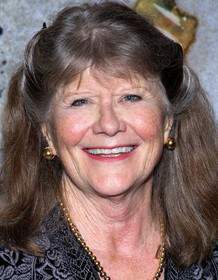

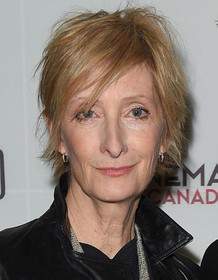

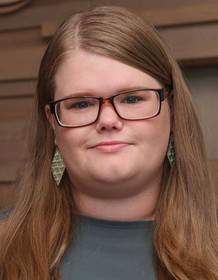

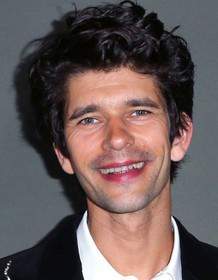
Outstanding Performance by a Cast in a Motion Picture
80th Golden Globe Awards 2023

Best Original Score
38th Film Independent Spirit Awards 2023
Best Feature


TIFF Awards 2022 2022

Full Plot Summary and Ending Explained for Women Talking
Read the complete plot summary of Women Talking, including all major events, twists, and the full ending explained in detail. Explore key characters, themes, hidden meanings, and everything you need to understand the story from beginning to end.
A young woman finds herself alone in her bed, covered in visible bruises and injuries on her hips and upper inner thighs—scarring reminders of a harrowing sexual assault. While she is told these wounds stem from either ghosts or the wild depths of her imagination, this deeply concerning narrative is a pervasive theme within the Mennonite colony, persisting for several years.
In 2010, the women and girls of this isolated community uncover a shocking truth: the men have been administering livestock tranquilizers to subdue and sexually attack them. Following this revelation, the assailants are detained and sent to a nearby city for their own safety as the women take matters into their own hands and retaliate. Most of the colony’s men leave to manage their bail, thus leaving the women to contemplate their next move over a span of two long days. They face a harsh ultimatum to either forgive their aggressors or abandon their home altogether.
In a bid to reach a consensus, they convene a plebiscite to determine their course of action: remain passive, take a stand and fight, or depart. An impasse emerges, as the votes for fighting and leaving are evenly split. Eleven women congregate in a hayloft to deliberate further; among them is Scarface Janz (played by Frances McDormand), who ultimately grows frustrated with the deliberations, choosing to depart with her hesitant daughter Anna (Kira Guloien) and resistant granddaughter Helena (Shayla Brown). With only 24 hours to make a decision, Janz warns that failing to forgive may lead to their excommunication and eventual loss of their place in heaven.
Joining the women is August (Ben Whishaw), the colony’s schoolteacher and one of the only two remaining men. He volunteers to document their discussions, as literacy is a skill unknown among these women. The second man, Melvin (August Winter), a transgender individual who has refrained from speaking after suffering an assault, tends to the children, warning the women of any external threats.
Previously known as Neitje (Liv McNeil), Melvin’s painful past includes being assaulted by her own brother and suffering a miscarriage. One of the women, Salome (portrayed by Claire Foy), recently returned from a treacherous journey to secure antibiotics for her daughter, who has been a victim of these heinous acts. She is determined to stay and fight, a sentiment shared by Mejal (Michelle McLeod). The arduous trip to the nearest mobile clinic required Salome to travel for a day and a half with her daughter on her back.
Ona (played by Rooney Mara), pregnant from a brutal assault, also advocates for resistance, envisioning a future where women can redefine the rules of the colony to ensure equality, including education for girls and exposure to the outside world. Mariche (portrayed by Jessie Buckley), however, argues that forgiveness should be prioritized. Ona asserts that the oppression of women is a direct result of the men’s actions; she adds a moment of levity to the tense atmosphere with a suggestion that perhaps the men could be expelled entirely, a thought that draws a collective laugh from the group.
To navigate their increasingly complex discussion, Ona proposes that August compile two distinct documents outlining the pros and cons of both leaving and staying. Staying would mean retaining familiarity while leaving entails leaving behind everything they know.
As the 2010 census unfolds, they learn Klaas (Eli Ham), Mariche’s abusive husband, will return that evening for further bail money. Tensions rise again, and some women flip their stances, now favoring departure for the promise of safety and new experiences—though parting calls for abandoning their brothers and sons. Debate ensues regarding whether the men should be permitted to follow, entailing the risk of being overwhelmed as they often rely heavily on the women.
Salome is vehement in her desire for vengeance, expressing that she would opt for lethality over leaving her daughter vulnerable once more. Yet, she is reminded of their core beliefs by Agata (Judith Ivey), revealing the struggle between their principles and their emotions. Meanwhile, Greta (Sheila McCarthy) frames leaving as a necessary step toward achieving forgiveness, further persuading the group.
Ultimately, it is Mariche who stands alone in opposition. The discussions reveal her trauma-induced forgiveness of her husband, spurred by Greta’s encouragement. After an apology from Greta, Mariche aligns with the others’ decision to leave.
The group’s written reasons for departing—safeguarding their children, adhering firmly to their faith, and embracing freedom of thought—are meticulously documented by August. They finalize plans to take some boys aged 15 and younger along, making exceptions for those above twelve, as worries linger about their potential for harm.
As dawn breaks, they quietly prepare to vanish without a trace from Klaas’s watchful eye. August instructs Ona on map reading as her anxiety for their future escalates. Unfortunately, Mariche’s homecoming results in a brutal confrontation with Klaas, ending in her sustaining severe injuries.
Before their departure, August takes the brave step of publicly declaring both his affection for Ona and his desire to aid the women through the creation of a map. However, unforeseen complications arise when Melvin informs Salome that her teenage son Aaron (Nathaniel McParland) is missing. Although he is located, he refuses to join them, prompting Salome to resort to tranquilization to enforce compliance. She confides this decision solely to August, who understands without judgment. As they stealthily leave the colony behind, Helena and Anna join the caravan while Scarface Janz and August watch on with a mix of emotions as the women begin their new journey toward an uncertain yet hopeful future.
Uncover the Details: Timeline, Characters, Themes, and Beyond!

Coming soon on iOS and Android
The Plot Explained Mobile App
From blockbusters to hidden gems — dive into movie stories anytime, anywhere. Save your favorites, discover plots faster, and never miss a twist again.
Sign up to be the first to know when we launch. Your email stays private — always.
Watch Trailers, Clips & Behind-the-Scenes for Women Talking
Watch official trailers, exclusive clips, cast interviews, and behind-the-scenes footage from Women Talking. Dive deeper into the making of the film, its standout moments, and key production insights.
Women Talking Themes and Keywords
Discover the central themes, ideas, and keywords that define the movie’s story, tone, and message. Analyze the film’s deeper meanings, genre influences, and recurring concepts.
Women Talking Other Names and Titles
Explore the various alternative titles, translations, and other names used for Women Talking across different regions and languages. Understand how the film is marketed and recognized worldwide.
Similar Movies To Women Talking You Should Know About
Browse a curated list of movies similar in genre, tone, characters, or story structure. Discover new titles like the one you're watching, perfect for fans of related plots, vibes, or cinematic styles.
Quick Links: Summary, Cast, Ratings, More

What's After the Movie?
Not sure whether to stay after the credits? Find out!
Explore Our Movie Platform
New Movie Releases (2025)
Famous Movie Actors
Top Film Production Studios
Movie Plot Summaries & Endings
Major Movie Awards & Winners
Best Concert Films & Music Documentaries
Movie Collections and Curated Lists
© 2025 What's After the Movie. All rights reserved.














